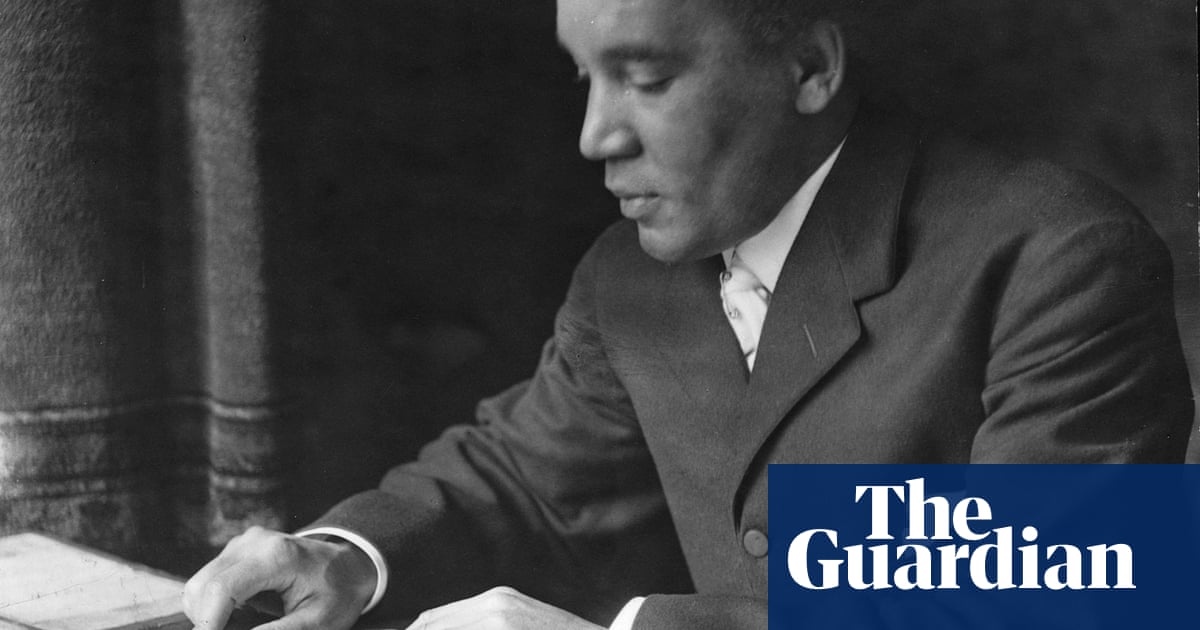
More than half of people in Britain support an extension to the Brexit transition period, while three-quarters believe the UK should work very closely with the European Union to combat coronavirus, a survey suggests.
Cabinet Office minister Michael Gove formally told the EU on Friday that the UK would not ask for a delay despite concerns that its departure would compound the economic chaos inflicted by the pandemic.
A survey from the Health Foundation indicated public support for an extension to the transition period to allow the government to focus on Covid-19, across two sample groups.
Among the first sample, who were told that the transition period for leaving the EU would end on 31 December, 54% said the government should request an extension, while 40% said it should not.
The second sample received additional information on potential delays to the supply of medicines and medicinal products in the event of a no-deal Brexit, and among this sample, the proportion thinking the transition period should extend increased to 65%, with 31% saying it should not extend.
Overall, people aged 18-24 were far more likely to support an extension (85%).
The survey of 1,983 people in Britain found overwhelming public support (95%) for the UK to work closely with the EU in its response to the pandemic.
The research, conducted by Ipsos Mori as part of a wider survey on people’s experiences during the pandemic, found 77% of those surveyed believe the UK should work “very closely” with the EU to combat Covid-19, with a further 17% agreeing it should work with the EU “fairly closely”.
Of those surveyed, almost all who voted remain in the EU referendum (99%) supported working closely with the EU to combat the pandemic, and more than nine in 10 (91%) of those who voted Leave also supported closer collaboration.
The Health Foundation, an independent charity, has previously said a no-deal exit from the EU could cause significant harm to the NHS and social care services.
Dr Jennifer Dixon, chief executive of the Health Foundation, said: “As we emerge from the first wave [of infection], health and care services face major challenges in restarting and adapting services.
“This winter a no-deal Brexit could exacerbate already acute shortages in the NHS and social care workforce and create new avoidable shortages of medicines and vital supplies.
“This would come at the same time as the health service is facing significant pressures from seasonal flu, supporting people recovering from Covid-19, tackling the large backlog of patients who didn’t receive care during lockdown, and potentially coping with another wave of infection from the coronavirus.
“This would be a vicious, and avoidable, combination of risks. The public understandably prefer protection from risks that can be anticipated and avoided.”












